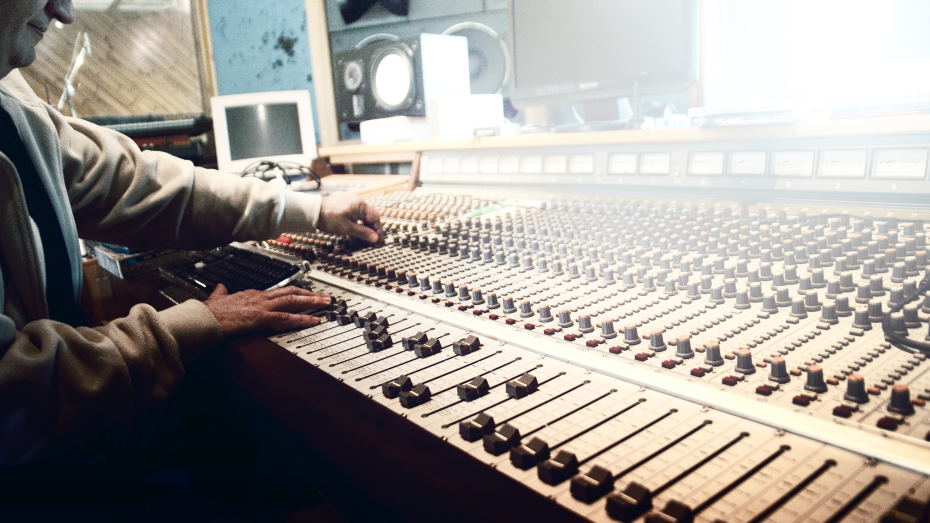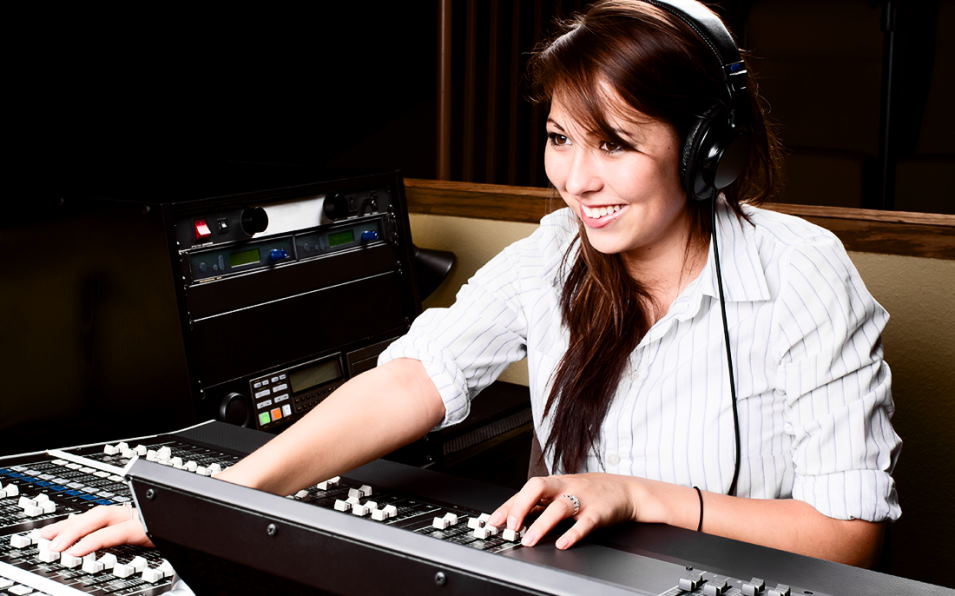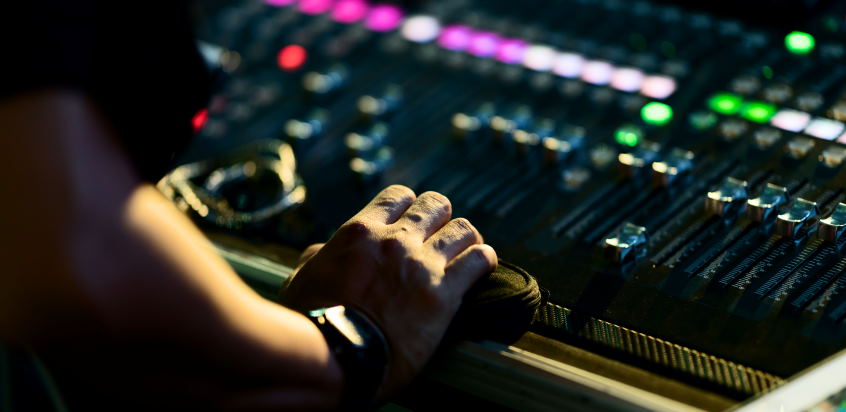The Role of an Audio Recording Engineer: What They Do and How to Become One

As an audio recording engineer, your role is to capture the best sound possible during the recording process. This may involve EQing and compressing guitar tracks or balancing the levels of multiple vocalists. It’s important to understand how audio works to make informed decisions about how to achieve the desired sound. The goal is always to create a record that sounds clean and polished while still retaining the natural feel of the performance. So, if you’re interested in working behind the scenes on music recordings, read on for more information about what this career involves.
How do I start learning audio recording engineering?
As an audio recording engineer, your job is to capture the best possible sound for your client. This may include setting up the microphones and positioning them correctly, adjusting the levels and equalization, and dealing with any technical issues during the recording process. It’s a challenging but rewarding role and one that requires a lot of skill and expertise. If you’re interested in becoming an audio recording engineer, there are some things you need to know first. So, if you’re ready to start your journey towards becoming an audio recording engineer, keep reading!

Audio engineers work at the technical level of music creation and sound recording. This encompasses many tasks, from live remote placements to studio editing, mixing, and mastering. The term “engineer” being used here is not interchangeable with the traditional use of the term in an educational environment. For example, an engineer would refer to someone who designs bridges or buildings in an educational setting. In a professional audio setting, an engineer has significantly different responsibilities with more to do with computers than heavy machinery. They may also be responsible for the general upkeep of their studio space and equipment.
Why is audio engineering important?
Audio engineering is one of the most important aspects of the music industry. Without a sound engineer, it can be difficult to capture the sound you’re looking for and create a great recording. Engineers play an important role in the studio, and their skills are essential for creating high-quality recordings. If you’re interested in pursuing a career in audio engineering, plenty of opportunities are available to you. With the proper education and experience, you can become a successful engineer and help create great recordings that everyone will enjoy.

When most people think of audio engineering, the first thing that comes to mind is music. And while music is certainly a critical aspect of audio engineering, it’s far from the only application. Audio engineering is used in various industries, from film and television to advertising and live events. Moreover, audio engineering is so important that it can decide whether or not a project is successful. So, what makes audio engineering so special? Let’s take a look.
Audio engineering is a critical field in the music industry. By capturing and manipulating sound, audio engineers help create the recordings we listen to every day. Whether working in a studio or on location, audio engineers ensure that the recordings sound great. As a result, they can create an amazing finished product with careful planning and execution that will impress listeners everywhere.


